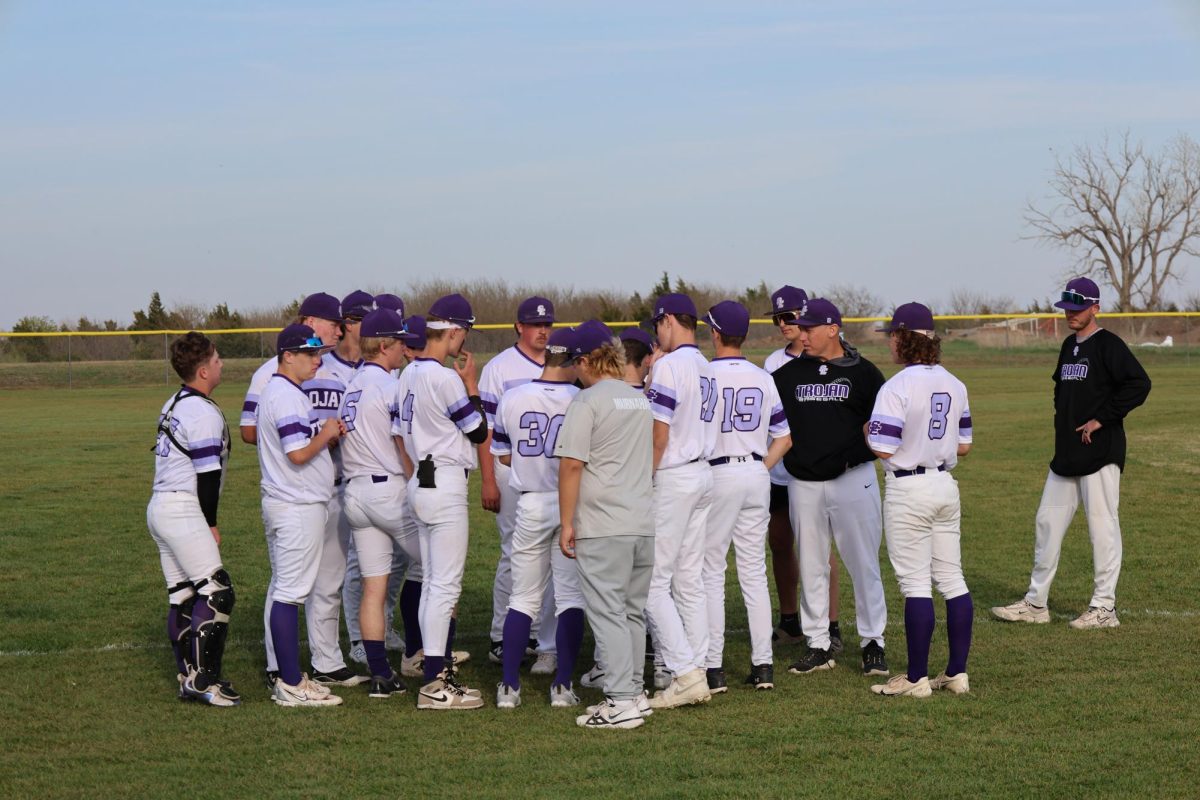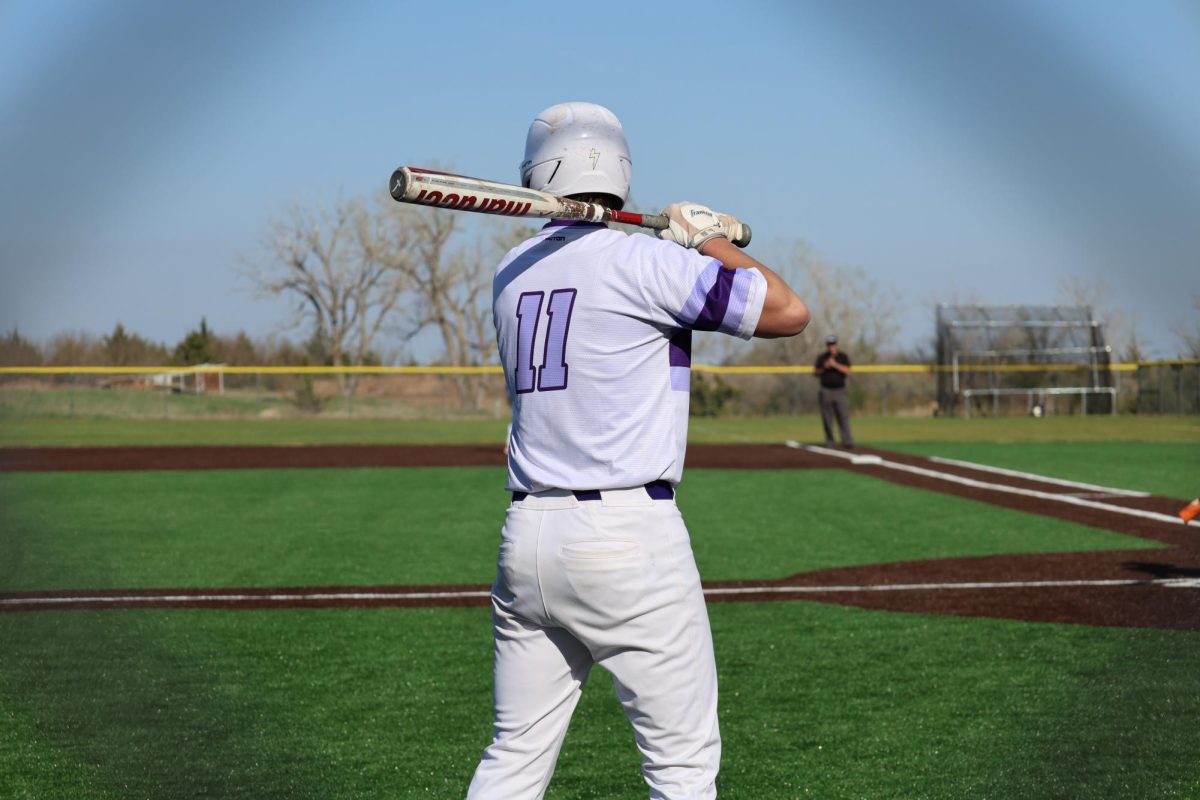Editor finds faults in our response to the coronavirus
April 24, 2020
Opinion
For the first half of spring break, I, along with most of the other teenagers in Kansas, was enjoying my time off and being completely carefree. The Coronavirus was something in the back of my mind, but it wasn’t that serious to me.
Then, all in the span of a few days, the entire NBA season, March Madness, and even a few days of school were canceled.
The worst was yet to come.
Just 4-5 days later, I was watching an address with my mom in the Jerry Ivey Park parking lot, and school was canceled for the rest of the year. This hit like a truck.
The novel coronavirus had now spread to all 50 states. Globally, thousands were dying every day.
Flash forward almost a month, and the United States has 852,000 confirmed cases and almost 50,000 deaths, leading world countries in both measures by far.
This raises many questions. Was governor Laura Kelly’s response too severe too early? How well did the federal government respond? How could something like this happen in the most powerful country in the world?
My initial response to these questions was emotion-filled and highly inaccurate. I thought this was an overreaction to a disease that isn’t that serious. When we look at the facts, however, the reality of the issue is that America has taken a disastrous reactive approach, has a failing healthcare system, and exhibits a painful ignorance of global affairs.
In the middle of a pandemic, we are lucky to live in Kansas.
On March 30, after the state’s fifth reported death, governor Laura Kelly issued a stay-at-home order; and a week before that, she called off school for the remainder of the year.
Compared to the rest of the country, this is a fairly proactive approach. This means taking the initiative to make changes to everyday life before things get too bad.
Nicholas Christakis, a social scientist and physician at Yale, said this about proactive school closures: “Proactive school closures (closing schools before there’s a case there) have been shown to be one of the most powerful non-pharmacological interventions that we can deploy.”
Although proactiveness has been handled well in some states, the federal government was far too reactive and took too long to respond.
The first measure the United States took was banning travel from China on January 31. A month later, thousands of Americans were infected, the first reported deaths were trickling in, and the U.S. government responded by banning travel from Iran and Italy.
These measures were reactive. They only banned travel when conditions in those respective countries were dreadful. Little action was taken to prevent the spread in the U.S.
As we all know, the next month did not treat us well.
The high rate of infections also proved another aspect of the American defense system vulnerable–the healthcare system.
The US healthcare system has a massive shortage of masks, gowns, gloves, and ventilators. This lack is causing many workers to create DIY gear that is not nearly as effective.
Jeffrey Levi, a professor of health policy and management of George Washington University said this about the situation: “The US government failed to adequately maintain the stockpile of supplies necessary to deal with a pandemic like this – and then moved too slowly when the nature of the current crisis became apparent.”
Remember that month of February when the government did essentially nothing to prepare itself? Levi said we should have been using that time to get prepared.
“We lost many weeks in terms of ramping up the production capacity around personal protection equipment and never fully utilizing government authority to make sure that production took place,” he said.
Dr. Anthony Fauci, the head of the National Institute of Allergy and Infectious Diseases, agreed.
“If we started earlier, we could have saved lives,” he said.
The last main issue we have is ignorance of global events.
As far as mid-March, beaches in Florida were flocked with college students looking to have a good time because they thought the virus wasn’t a big deal. In New York, people flocked to Central Park to enjoy the weather. In California, Huntington Beach was alive and well.
All of these places are now coronavirus hot spots.
Had these people paid attention to the events unfolding in Italy, France, China, and South Korea, they may have been able to foresee the consequences of these mistakes.
There is nothing wrong with being proud and confident that our country can overcome this. However, we must get rid of this notion that America is invincible. Once we do that, we are able to get a clearer look at the government’s failure to react in a timely fashion, failing healthcare preparedness, and ignorance of the severity of global events.








Noel Stephenson • Jun 6, 2020 at 7:04 pm
I want to thank this young man. It is the most complete reading on the subject that i have seen from the age group that he is in. Again it shows the great learning that i have again seen from the Southeast of Saline from over the years and that goes back a good many years. Good job